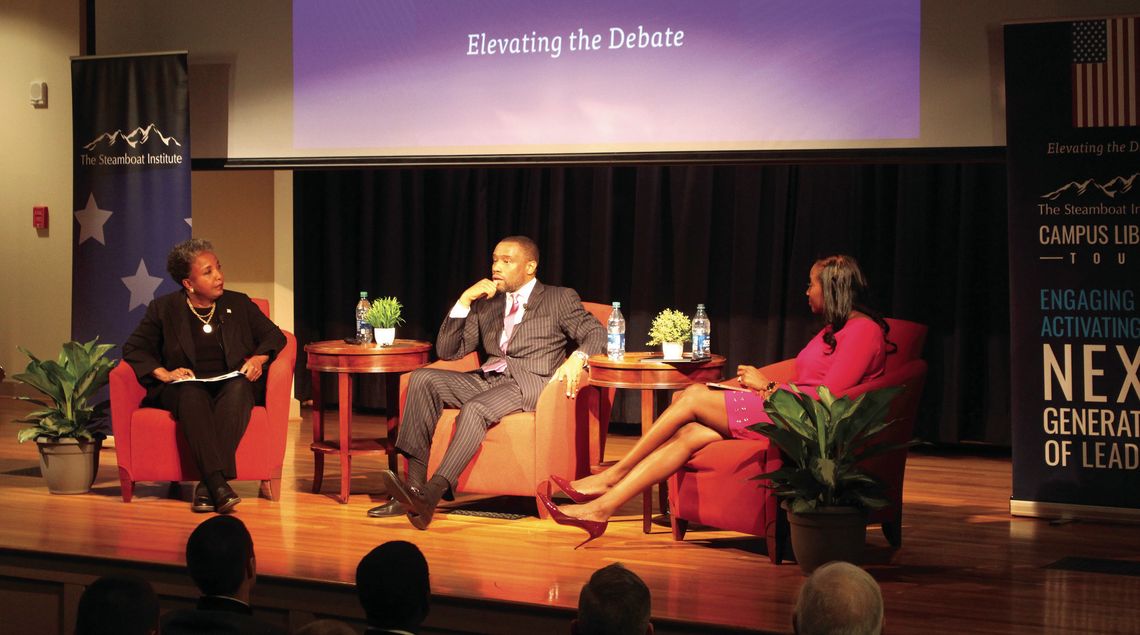It’s rare these days for a debate to change viewers’ minds.
PLEASE LOG IN FOR PREMIUM CONTENT. Our website requires visitors to log in to view the best local news.
Not yet a subscriber? Subscribe today!

It’s rare these days for a debate to change viewers’ minds.